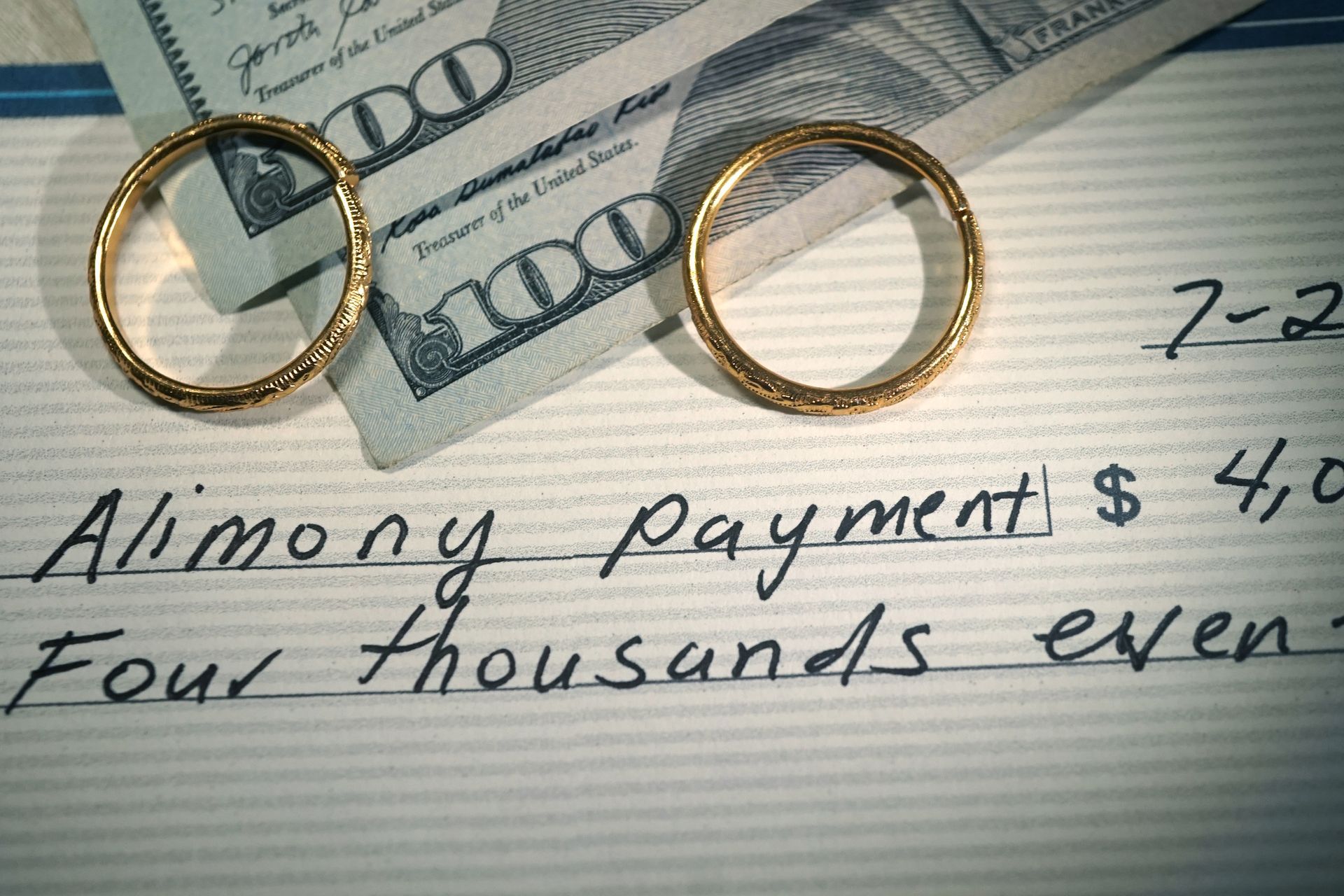Attorney's Fees: Can You Request Payment by Your Spouse? | Allan Brandon Tise PLLC, Attorney at Law
March 6, 2020

Part of the divorce process is the division of assets. You and your spouse have to go through your assets and debts to determine how you will both move forward financially. One of your major expenses to navigate is your legal fees for your divorce and other aspects of the process.
In some situations, one spouse may not be as financially stable as the other, which makes the thought of paying expensive legal fees for divorce almost impossible. However, you may be able to have your spouse pay your legal fees for you in certain situations. The following are some things you should know if you want to pursue payment of your legal fees by your spouse.
Why Would Your Spouse Pay Your Legal Fees?
If you believe you will have difficulty paying your legal fees, you can request your spouse to pay them, or at least a portion of the fees for you. To do this, you must petition the court for an award of attorney's fees as part of your divorce settlement if you are a dependent spouse under North Carolina law.
In North Carolina, you can petition on the basis of need as a dependent spouse. A dependent spouse is one who qualifies for alimony or other spousal maintenance after separation. The court must decide that you must depend on your spouse to support yourself.
This is common if one of you were a stay-at-home parent or homemaker instead of taking part in the workforce. If the court decides you sacrificed your professional career for the sake of your family or needs of your household, you may petition for an award of attorney's fees.
You may still get your legal fees from your spouse if you work but do not make as high an income as your spouse. Additionally, you may also petition the court if you do not have control of your financial accounts and therefore cannot access funds to pay your legal fees. To make the decision, the court will look at the disposable income of your spouse, and any separately owned property.
Your spouse may also have to pay your attorney's fees based on fault. If the court decides that your spouse has entered into the divorce with bad faith and prolongs the process unnecessarily, you can petition for an attorney's fee award. If your spouse acts frivolously and causes your attorney's fees to stack up, the court may order your spouse to pay.
Examples of frivolous behavior are if your spouse will not negotiate throughout the process, not following a court order, if he or she hides assets, or does not provide any requested documentation.
Which Fees Can You Recover?
The court will determine which of the fees your spouse will pay after you petition for an attorney's fee award. The court may require your spouse to pay all or a percentage of the different expenses involved with your divorce.
You can petition for financial coverage for the divorce as a separate action. You can also request payment for expenses related to alimony, custody, child support, and the expense for any modifications you need.
What If You Cannot Receive the Entirety of Your Legal Fees?
If the court decides that you do not qualify for full payment of your attorney's fees, you can opt to file for an advance of your equitable distribution. Equitable distribution is your part of the final divorce settlement you will receive once the divorce is final. The judge may allow you to access your part of the settlement to help offset your legal fees.
A divorce is an expensive process and can seem overwhelming. If you believe you are entitled to legal fee payments by your spouse, be sure to discuss your options with your divorce attorney. If you have any questions about divorce or are ready to move forward with the process, please contact Allan Brandon Tise, PLLC.

Alimony negotiation is one of the toughest parts of divorce proceedings. As the supporting spouse in alimony negotiations, you may have difficulty accepting that you must support your spouse financially, in the future, even though you are no longer married. If you are not careful, the mental and emotional pressure of alimony negotiations may lead you to make mistakes that affect your financial future. To help you avoid jeopardizing your finances, read on to learn about four mistakes you should avoid during alimony negotiations.














